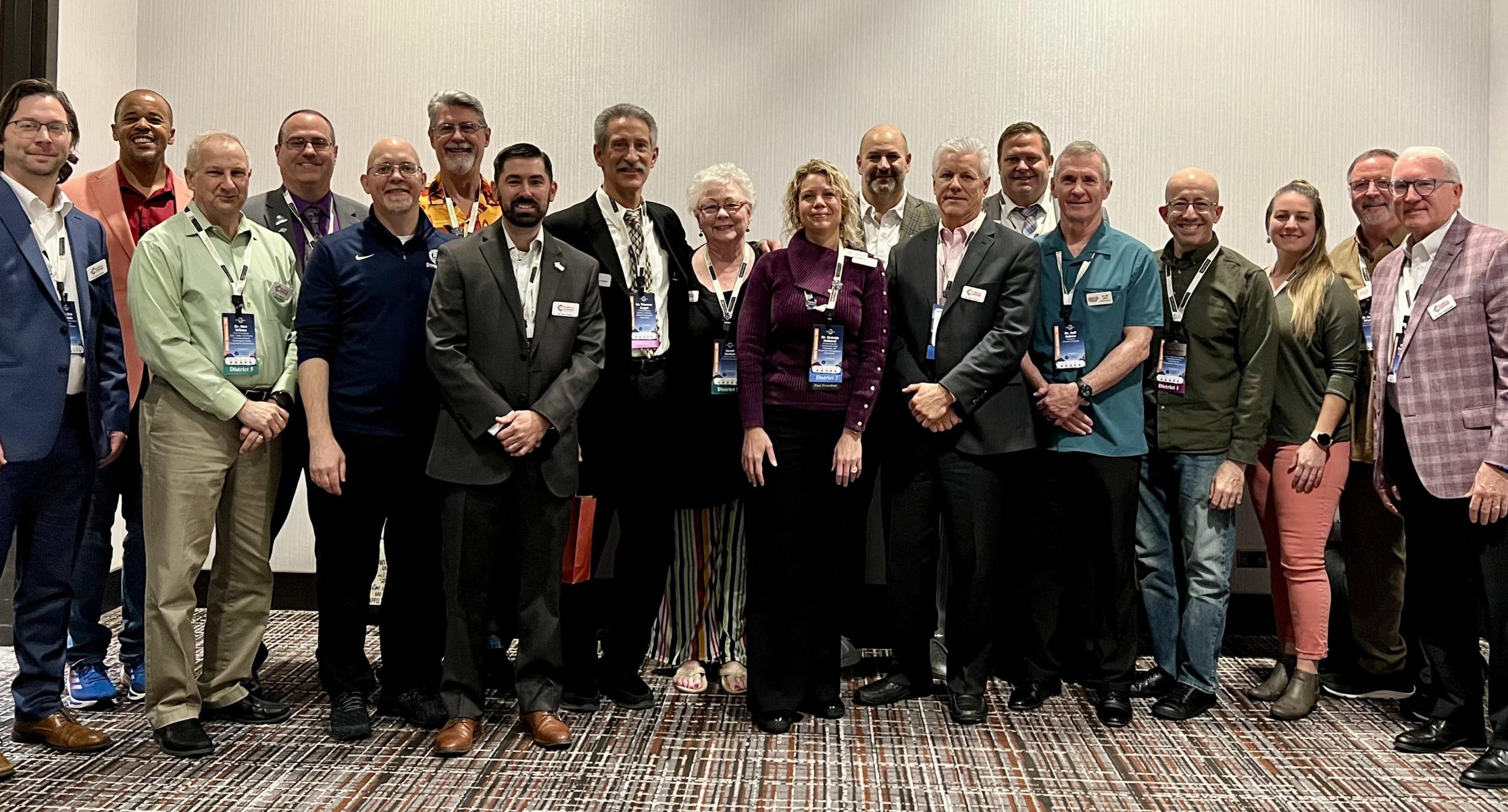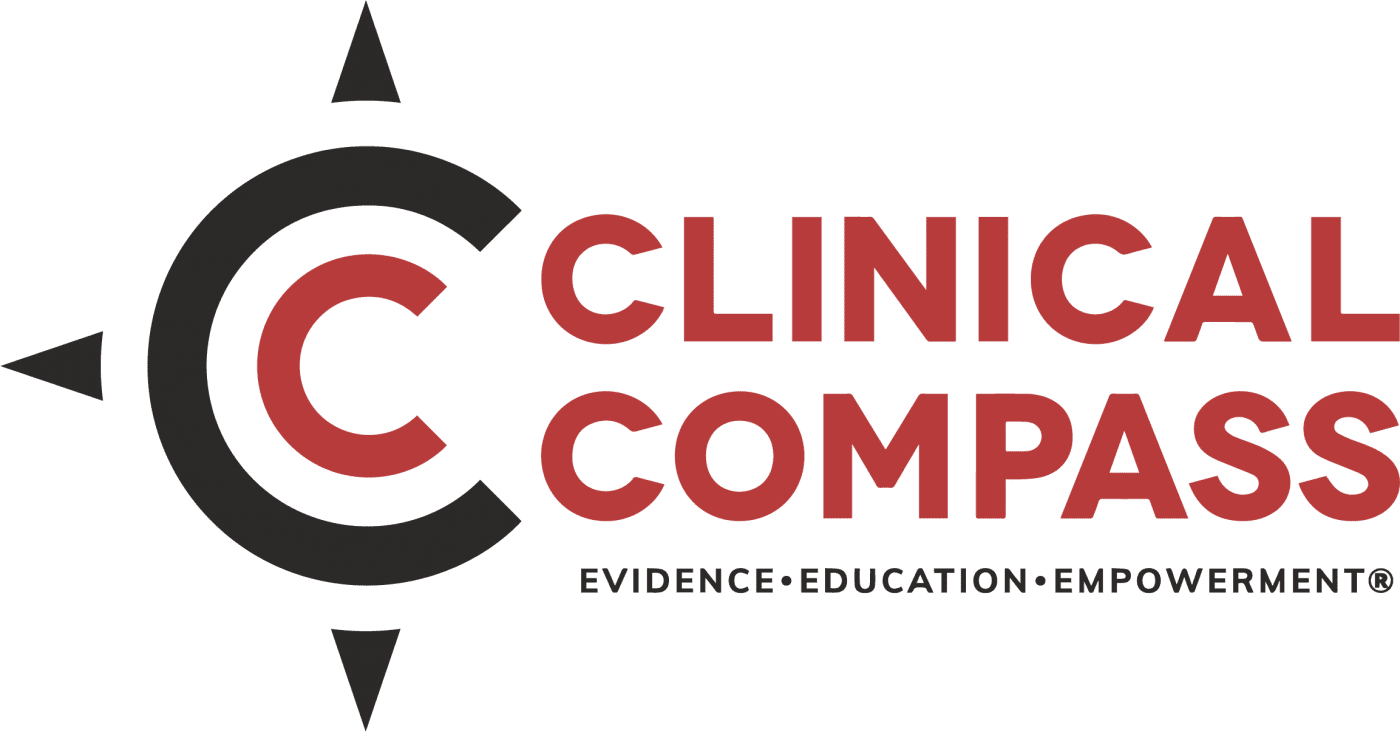Clinical Compass, known as Council on Chiropractic Guidelines & Practice Parameters (CCGPP) prior to 2018, is a chiropractic evidence-synthesis think-tank, founded in 1993 and incorporated as a 501c3 non-profit entity in 1995. The organization formed in response to challenges the chiropractic profession faced in negotiations with United States third party healthcare payors.

Clinical Compass Board Meeting, November 15, 2024, ChiroCongress, Denver, CO
“Left to Right: Clinton Daniels, DC, MS, Winston Carhee DC, Ronald Wilcox DC, Gerald Stevens,
DC, Scott Mooring DC, CCSP, FICC, Len Suiter DC, FICC, Zachary Cupler, DC, MS, Thomas Augat, DC, MS,
CCSP, FASA, FICC, Janet Jordan CAE, Brenda Holland, DC DICCP, Louis Crivelli, DC, MS, FICC, Chris Dolecki
DC, FICC, Carson Muth, DC, FASA, Jeffery Askew DC, Nick Karapasas DC, MS, Lisa Thomson, DC, Wayne
Whalen, DC FIACN, FICC, Ron Farabaugh, DC”
History of Clinical Compass
“The establishment of a central authority to oversee chiropractic guideline development is all important to our profession and the patients served by doctors of chiropractic. Business, industry, governmental agencies and the public are all interested in practice parameters that improve the safety, effectiveness and efficiency of chiropractic care. The chiropractic profession is concerned that guidelines and parameters developed are credible, up-to-date and flexible enough for practical application to clinical practice. The Council on Chiropractic Guidelines and Practice Parameters will allow our profession to plan and coordinate this important effort.”
Initially funded by ChiroCongress, formerly The Congress of Chiropractic State Associations, Clinical Compass receives funding and support from United States state chiropractic association memberships, individual chiropractor memberships, NCMIC Foundation, National Board of Chiropractic Examiners (NBCE), and other professional stakeholders. Early reports and literature synthesis projects published by the Clinical Compass included chiropractic management of low back disorders, chiropractic management of low back pain and low back-related leg complaints, and chiropractic management of tendinopathy.important to our profession and the patients served by doctors of chiropractic. Business, industry, governmental agencies and the public are all interested in practice parameters that improve the safety, effectiveness and efficiency of chiropractic care. The chiropractic profession is concerned that guidelines and parameters developed are credible, up-to-date and flexible enough for practical application to clinical practice. The Council on Chiropractic Guidelines and Practice Parameters will allow our profession to plan and coordinate this important effort.”
As of 2024, the Clinical Compass consists of a 20-voting board of director membership and a non-voting administrator. The Emeritus Council, all past Clinical Compass executive committee chairs, serves the think tank in an advisory role. ChiroCongress representatives are elected to on behalf of their respective districts. The Scientific Commission operates independent of the Clinical Compass board of directors, however, the Scientific Commission Chair and up to two members serve on the board as representatives.
The Scientific Commission is tasked by Clinical Compass to:
- adhere to the scientific method,
- develop and lead rigorous systematic reviews,
- generate chiropractic profession clinical practice guidelines,
- regularly update an Evidence Center with clinical trials on topics relevant to chiropractors,
and - conduct rapid evidence synthesis as requested by various stakeholder groups including white papers, policy support, and letters to the editor.
The Scientific Commission has had three chairs: Jay Triano, DC, PhD (1995-2007), Cheryl Hawk, DC, PhD, LMT (2007-2024), and Clinton Daniels, DC, MS (2024-present). The Scientific Commission is composed mostly of United States chiropractors crossed trained in research methods with advanced academic degrees, chiropractic clinician researchers, and chiropractors with a track record of contributing to the scientific literature through peer reviewed publications and presentations. As of December, 2024, the Scientific Commission is comprised of an expert panel of 19 individuals who are all established experts in a variety of topics such as spine and musculoskeletal pain, spinal manipulation, evidence synthesis, implementation and dissemination science, clinical trials, biomechanics, health services research, epidemiology, radiology, and library sciences. Fourteen members of the Scientific Commission have advanced clinical research training (10 master’s degree, 6 PhD), 7 are clinician researchers who have proven track records of publication success, and 2 are non-chiropractors.
Since 2007, Clinical Compass has led or collaborated to publish review studies, eight care pathway or best practice recommendation articles, one commentary, one terminology consensus study, and six clinical practice guidelines. More recently, Scientific Commission members have contributed to five published letters to the editor engaging in scientific discourse when misappropriation or denigration of manual therapies or the chiropractic profession has occurred.

Clinical Compass Board Meeting, November 15, 2024,
ChiroCongress, Denver, CO
“Left to right: Scott Mooring, DC, CCSP, FICC, Executive Committee Chair and Clinton Daniels, DC, MS, Scientific Commission Chair”

ACC RAC 2024, March 21-23, 2024
San Diego, CA
“Left to right: David Paris, DC, Executive Committee Vice Chair, Clinton Daniels, DC, MS, Scientific Commission Chair, Zachary Cupler, DC, MS, Scientific Commission Board Representative”

2024 International Congress o Integrative Medicine & Health, April 11-13, 2024
Cleveland, OH
“Left to right: Eric Roseen, DC, MSc, PhD, Scientific Commission Member, Zachary Cupler, DC, MS, Scientific Commission Board Representative, Michele Maiers, DC, MPH, PhD, Scientific Commission Member, Robert Trager, DC, Scientific Commission Member, James Whedon, DC, MSc, Scientific Commission Member”



